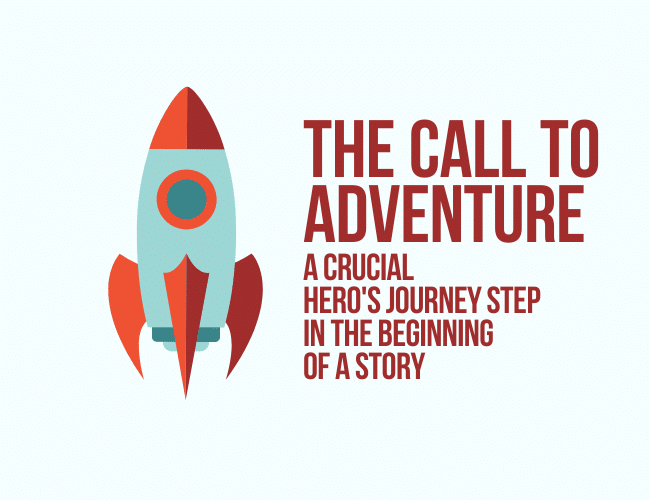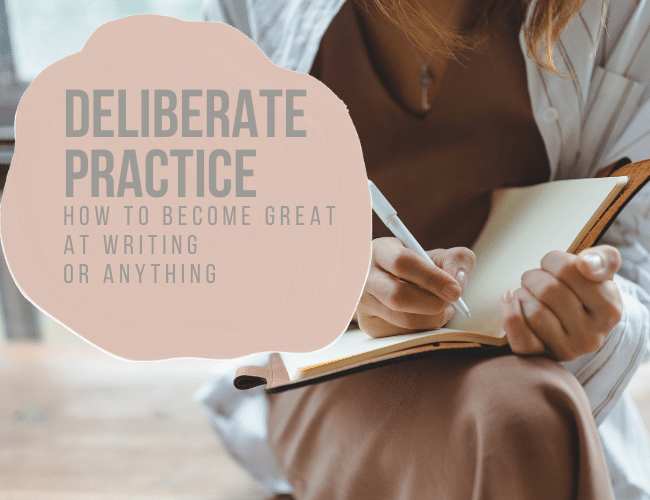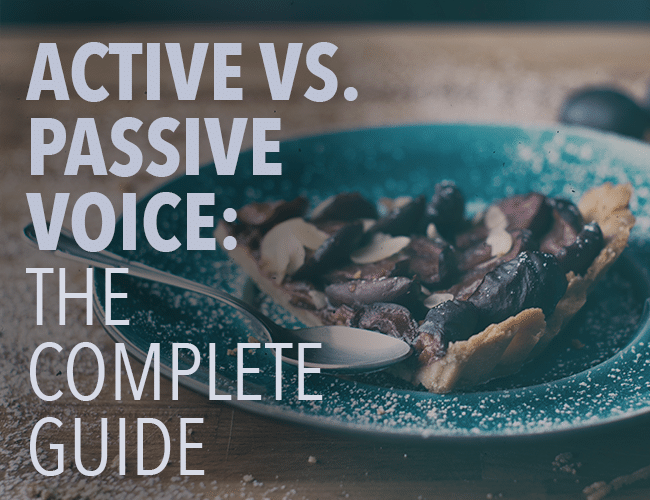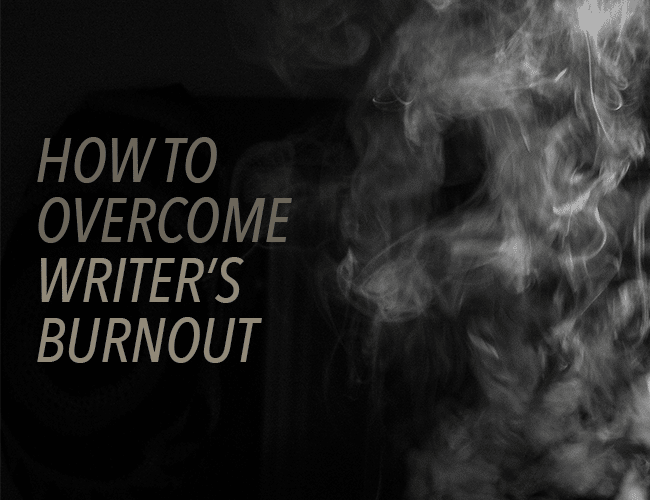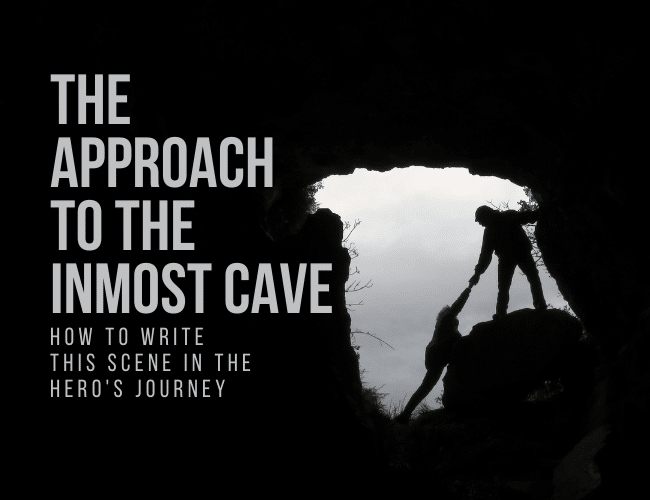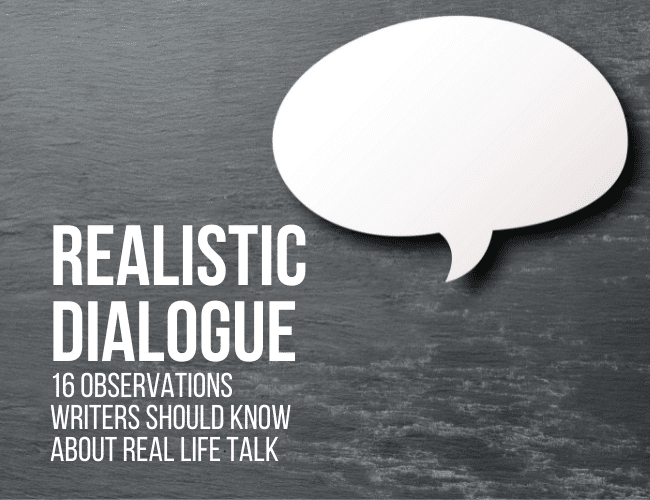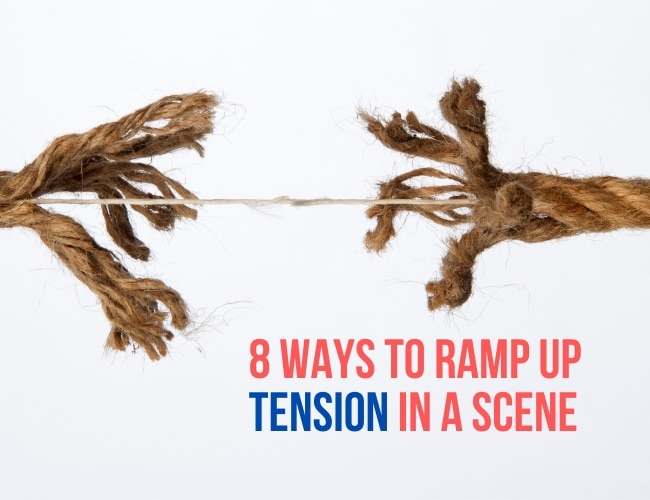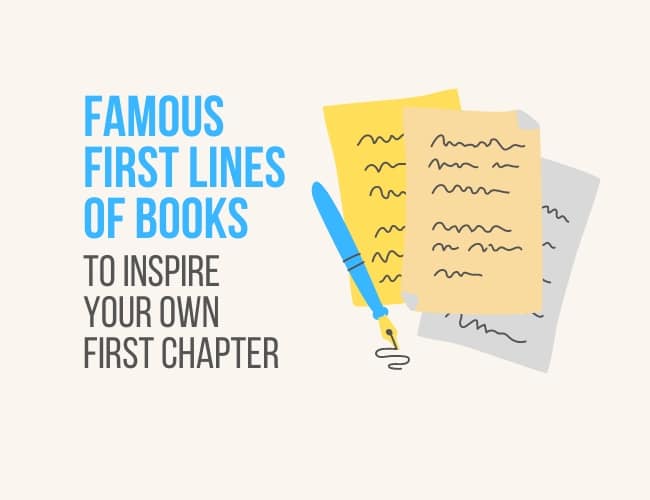New goals can be stressful, and even a momentary lapse can make a person want to scream and kick and cry. Perhaps eat an entire pint of ice cream. Perhaps lay on the couch and wallow in self-pity, lamenting over the magnificent writing career that could’ve been if only you hadn’t skipped writing that one day.
Today I’m going to ask you to think about your writing a little differently, and hopefully renew some of the enthusiasm you may have already lost.

